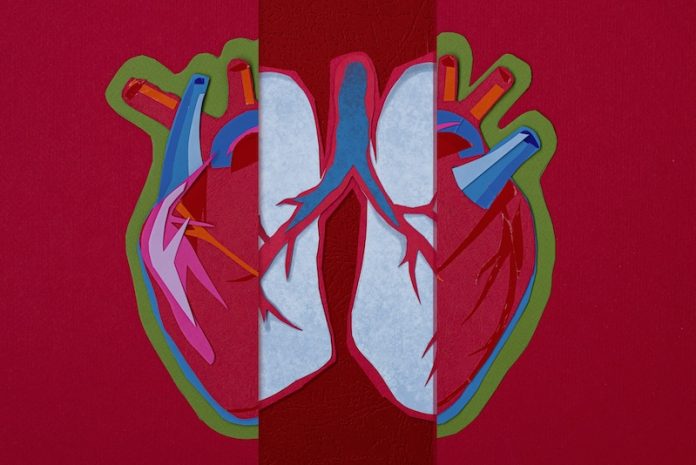
Heart disease is one of the leading causes of death worldwide, and while lifestyle choices like diet, exercise, and smoking play a big role, your genes can also influence your risk.
Scientists have discovered that some people inherit genetic factors that make them more likely to develop heart problems. These findings help explain why even healthy people who exercise and eat well can sometimes still face heart disease.
Genetic predisposition means that certain traits or conditions, like heart disease, run in families. It doesn’t mean you’re guaranteed to get the disease, but it does increase your risk.
Over the past few decades, researchers have been working hard to understand which genes are involved in heart disease and how they interact with lifestyle factors.
One of the key discoveries in this field is related to a gene called PCSK9. This gene plays a role in controlling cholesterol levels in the blood. Cholesterol is a fatty substance that can build up in your arteries, leading to blockages that cause heart attacks or strokes.
Some people inherit a version of the PCSK9 gene that raises their cholesterol levels, increasing their risk of heart disease.
However, there’s also a “protective” version of this gene that lowers cholesterol and reduces risk. This discovery has even led to the development of new cholesterol-lowering drugs targeting PCSK9.
Another important genetic factor involves LDL receptor genes. LDL, or low-density lipoprotein, is often called “bad cholesterol” because high levels can clog arteries. Mutations in LDL receptor genes can cause a condition called familial hypercholesterolemia.
People with this condition have extremely high cholesterol from a young age, which significantly raises their risk of heart disease, even in their 30s or 40s. Fortunately, early treatment with cholesterol-lowering medications can help manage this risk.
Beyond cholesterol-related genes, scientists have identified genetic variations that affect blood pressure, inflammation, and blood clotting.
For example, mutations in the F5 gene are linked to a condition called Factor V Leiden thrombophilia, which makes blood clot more easily. These clots can travel to the heart or brain, leading to heart attacks or strokes.
Meanwhile, genes like IL6 are involved in inflammation, a process that can damage blood vessels over time and contribute to heart disease.
A large-scale study called the Framingham Heart Study has been instrumental in identifying these genetic links. Running for more than 70 years, this study has followed multiple generations of families to uncover how both genetics and lifestyle contribute to heart disease.
Researchers have also used genome-wide association studies (GWAS) to analyze the DNA of thousands of people. These studies have pinpointed hundreds of genetic variations linked to heart disease, though many have only a small effect individually.
What’s particularly interesting is how genetics interact with lifestyle. For example, a person with a high genetic risk for heart disease can still lower their chances significantly by adopting healthy habits, like eating a balanced diet, staying active, and not smoking.
A 2016 study published in The New England Journal of Medicine showed that people with a genetic predisposition to heart disease cut their risk by half through healthy living. This highlights the importance of not letting your genes define your future.
It’s also worth noting that genetic testing is becoming more common. These tests can identify if you carry specific mutations that increase your risk of heart disease.
While not everyone needs genetic testing, it can be helpful for people with a strong family history of early heart disease. If you know your genetic risk, doctors can develop a personalized plan to manage it, such as starting medications earlier or focusing on specific lifestyle changes.
In summary, while your genes can influence your likelihood of developing heart disease, they are just one piece of the puzzle. Understanding your genetic risk is valuable, but it’s equally important to focus on the things you can control.
Even if heart disease runs in your family, making smart lifestyle choices can go a long way in protecting your heart. Science continues to uncover more about how our genes affect our health, offering new hope for prevention and treatment.
If you care about heart failure, please read studies about diabetes drug that could revolutionize heart failure treatment, and this drug can be a low-cost heart failure treatment
For more information about heart health, please see recent studies that exercise in middle age reversed worrisome heart failure, and results showing this drug combo can cut risk of stroke and heart attack by half.
Copyright © 2024 Knowridge Science Report. All rights reserved.



